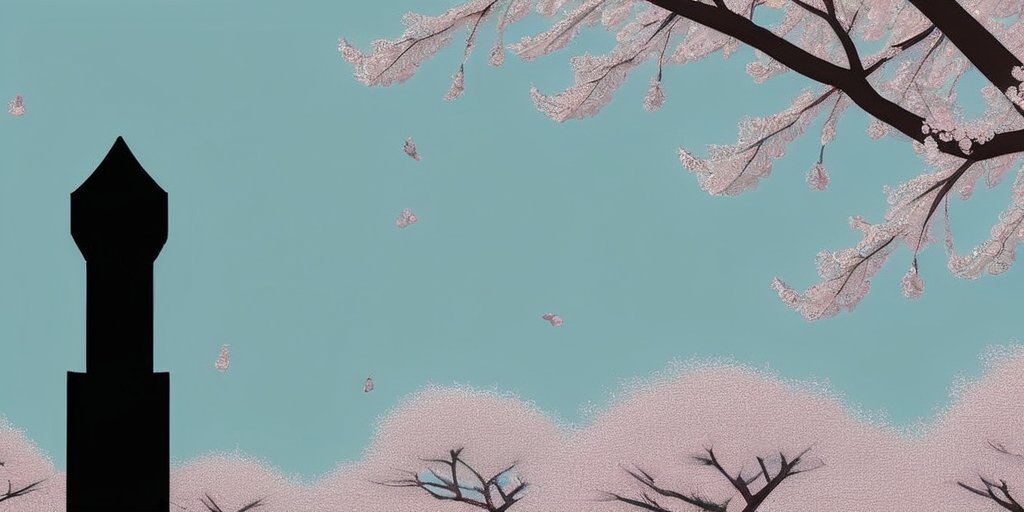In a recent press conference, former President Donald Trump ignited controversy by drawing parallels between U.S. military actions against Iran and the atomic bombings of Hiroshima and Nagasaki. His comments have drawn a vehement backlash from Japanese officials and atomic bomb survivors who perceive them as a grave misrepresentation of historical tragedies.
Trump stated, “I don’t want to use an example of Hiroshima, I don’t want to use an example of Nagasaki, but that was essentially the same thing.” This analogy has been met with intense scrutiny, particularly from Japan, the only nation to have experienced a nuclear attack. In August 1945, approximately 140,000 people were killed in Hiroshima and a further 70,000 in Nagasaki, leaving lasting scars on the survivors and the cities.
Responding to Trump’s remarks, Shiro Suzuki, the Mayor of Nagasaki, expressed disappointment, declaring, “If Trump’s comments ‘justifies the dropping of the atomic bomb, it is extremely regrettable for us as a city that was bombed.'” Similarly, members of the survivor advocacy group Nihon Hidankyo expressed outrage, with co-chair Mimaki Toshiyuki stating, “Trump’s comments are unacceptable.”
Protests erupted in Hiroshima, where survivors and activists demanded that Trump retract his statement, highlighting the psychological trauma and ongoing health repercussions borne from the bombings.
Even Japanese lawmakers have joined the fray, passing a resolution rejecting any statements that might suggest justification for nuclear warfare, seeking instead a peaceful resolution to conflicts.
Trump’s remarks were made in the context of defending recent military actions he claims have significantly altered Iran’s nuclear capabilities. Despite a conflicting intelligence report indicating that the strikes may have only delayed Iran’s progress by a few months, he asserts that the operations have pushed back their program by decades, a view echoed by CIA Director John Ratcliffe.
The bombings of Hiroshima and Nagasaki evoke profound memories in Japan. The peace flame in Hiroshima, which symbolizes the country’s staunch opposition to nuclear weapons, has been burning since the 1960s, alongside a clock counting the days since the last nuclear attack.
World leaders visiting Hiroshima are traditionally asked to create paper cranes—symbols of peace—to reaffirm their commitment to a world free from nuclear arms. Trump’s recent remarks threaten to undermine the gravitas of these memorials, further complicating U.S.-Japan relations amidst ongoing geopolitical tensions.
